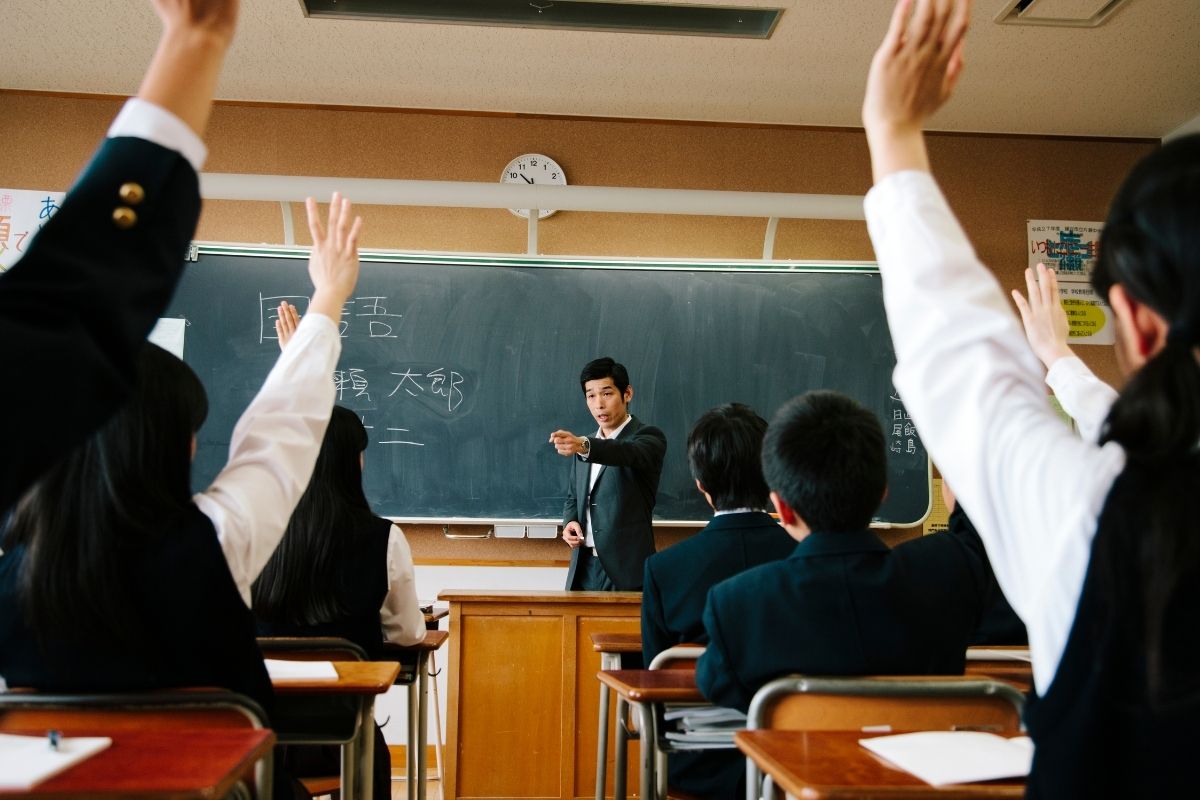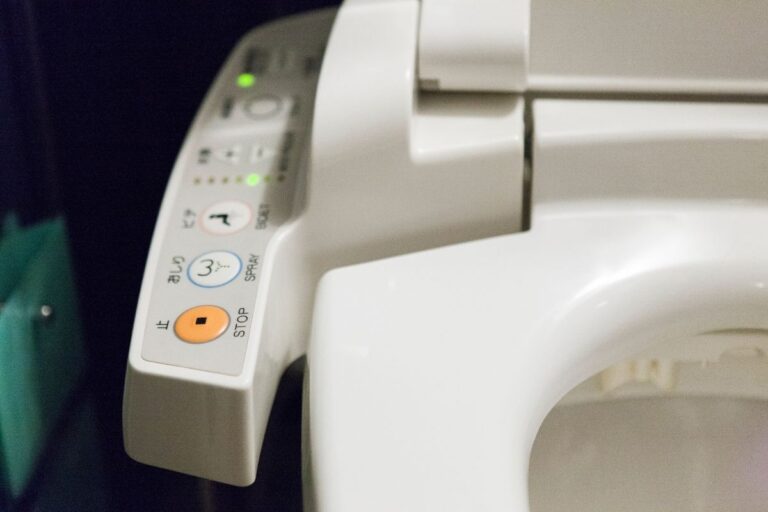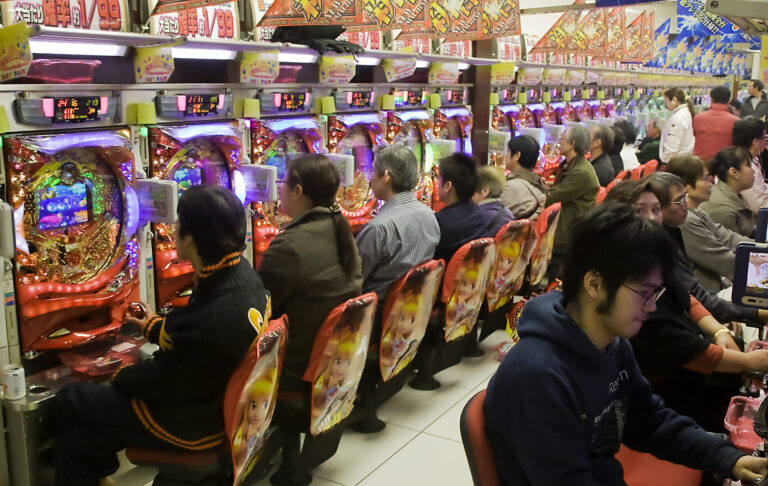Japanese students are easily overworked because they do more than just attend 50 to 60 more days of school each year than their American counterparts. Participation in after-school activities is virtually required—it’s an unwritten rule in a society that stresses cooperation and working together over individual achievements—and students who refuse to participate in at least one club are considered to be unsocial and are jokingly referred to as the “Go-Home Club.” Luckily, many of these clubs can be fun, such as sports and hobby clubs, but there are a number of clubs for those who particularly like certain school subjects. Japanese students are therefore not usually done with school until 5 or 6 p.m.
However, the commitment to education doesn’t end there. Besides after-school activities, most Japanese students attend what’s called gakushuu juku or “cram schools” for several hours each evening or their parents pay private tutors (usually college students at the more prestigious schools) to work with their children one-on-one. Cram schools, optional schools for which parents must pay a small tuition, are nonetheless so common in Japan that most students attend at some point or another. Private tutoring and cram schools focus on one thing: getting students to pass exams to get into middle schools, high schools, and college—particularly high schools.
In the US, students headed for college may be used to taking a national standardized test such as the ACT or the SAT. If the college is particularly selective, there may be another test from the institution. However, taking tests to get into middle or high school is virtually unheard of, unless it’s a private school, and even then, not all private schools have such a requirement.
However, Japanese students must take tests to see if they can get into the school of their choice, even public schools. Each school offers its own tests and some schools are famous for being particularly hard to get into, but those schools are attractive to high-achieving students and parents alike, as acceptance into the best middle and high schools increases a student’s chances of getting accepted into the best colleges. The entire school year before taking a test, most Japanese students will concentrate on studying what may be on the exams during the school day and during cram school at night. Then they’ll study for a few more hours each day during their free time. Many Japanese parents even prefer that their children stay up late studying than go to bed early to get enough sleep. It’s easy to see how Japanese students on the whole become more overwhelmed and overworked than most of their American counterparts!
To add to the pressure, there are generally no make-up days for the exams. If you’re sick or otherwise late or miss the exam for a school you want to apply to, you’re out of luck. With college, you can wait a year and apply the next year, becoming what’s called a rounin and studying non-stop (perhaps while working a part-time job) for yet another year for the exam. However, with high school, you’ll just have to apply to other schools and miss out on your top choices. This kind of pressure actually makes some kids sick on the day of the exams, but they go anyway.
As a whole, high school entrance exams generally have the reputation of being the turning point of a student’s career, although college exams are nearly as important. (Although most students do go to college, fewer move onto college than to high school, and the exams can be easier for students if they already know what kind of career or field of study they’d like to go into.) However, even if they’re much easier and less stressful, there are even exams for many middle schools and some elementary schools—even some kindergartens! A number of overachieving Japanese parents want their children to start at a very young age on a path to the best high schools, colleges, and careers in the country, which can lead to a lot of pressure on their kids.
Can you imagine having to study for a year for important exams to get into even public schools? Do you think that one-time exams are a good indication of a student’s skills? Do you think it’s fair to look down upon students who choose not to join an after-school club?
No related posts.
Tags: classrooms, education, japan, japanese culture, japanese customs, japanese schools, japanese students, student life




